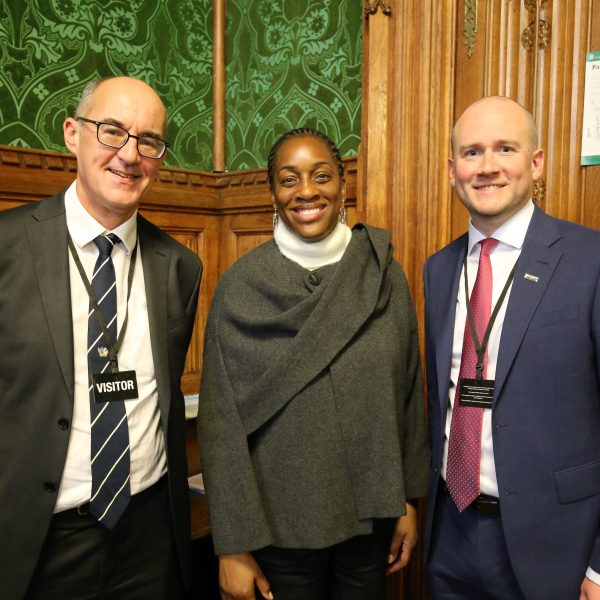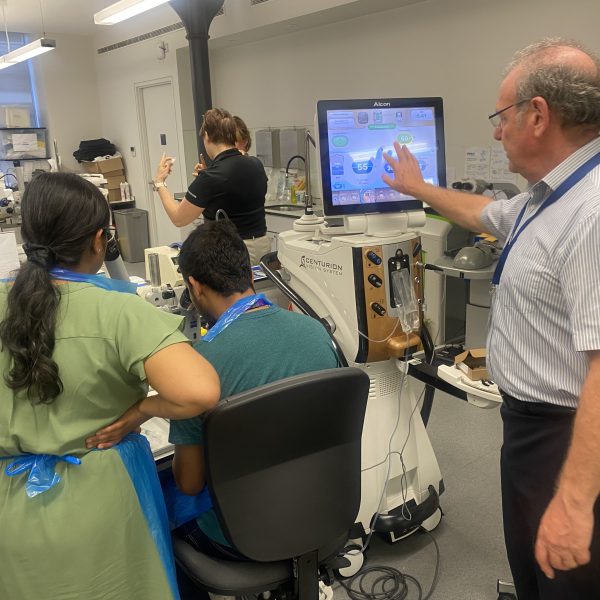The Ulverscroft David Owen Award 2024
The Royal College of Ophthalmologists is delighted to announce the continuation of the Ulverscroft David Owen Awards. The Ulverscroft Foundation gives financial help to Universities which carry out research into the causes of eye diseases; funds eye clinics, hospitals, schools, libraries and other organisations which help visually impaired people.






